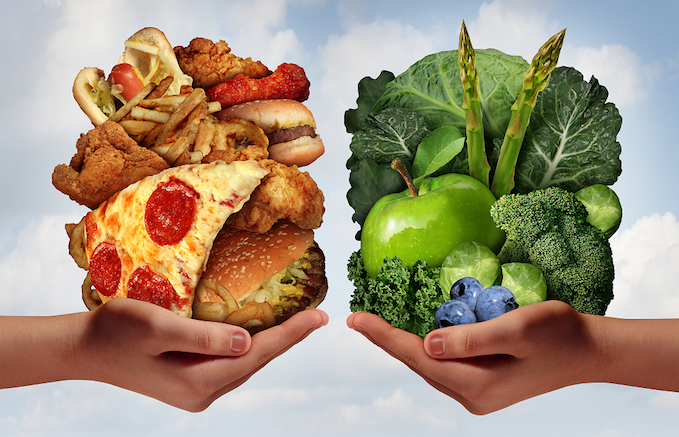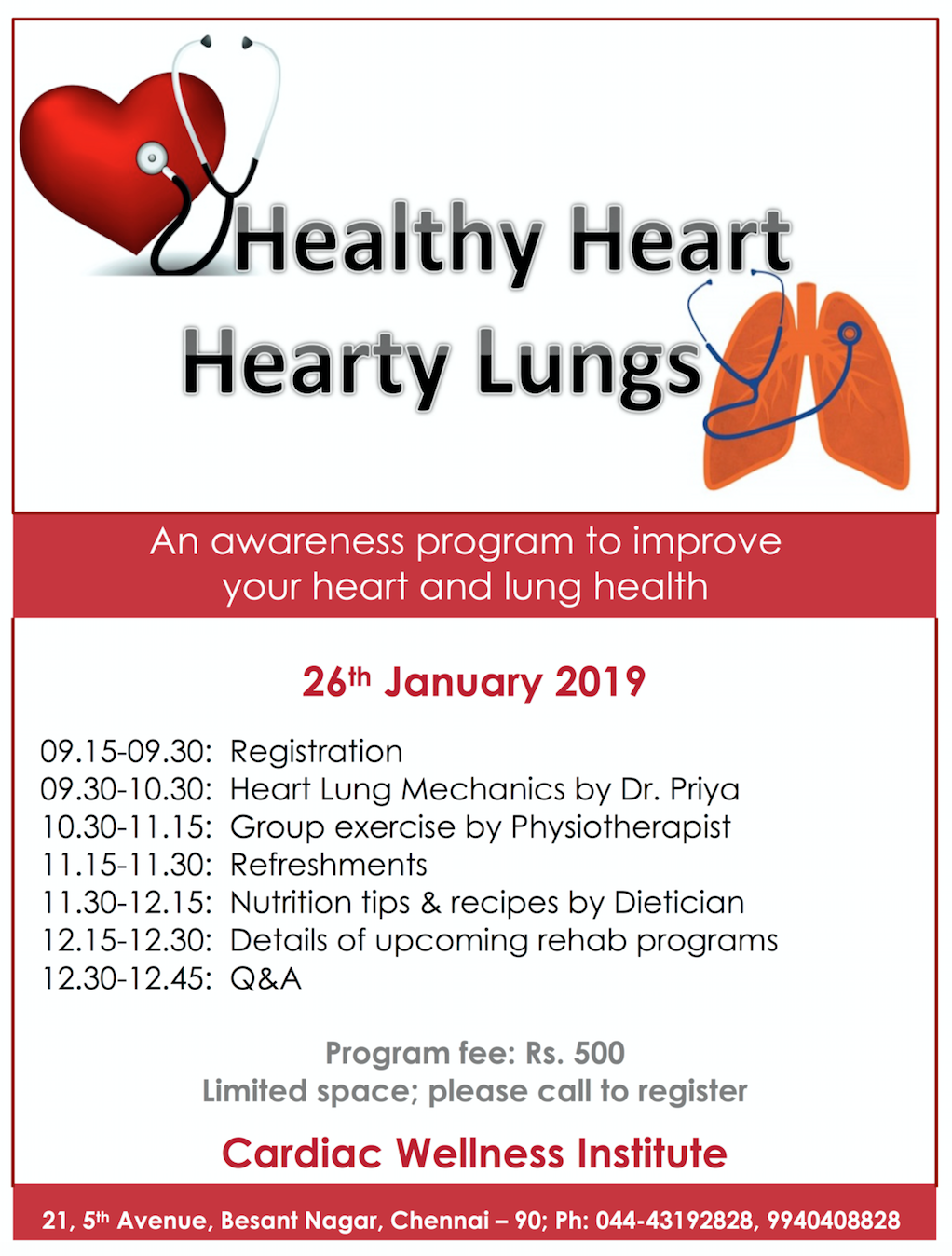Eating a healthy diet is very important for a healthy life. But lack of awareness about the basics of nutrition and lack of proper guidance are the two major roadblocks in achieving this. Even those health-seekers who are aware of what kind of food promotes good health and which are the culprits that worsen health, quite often struggle to overcome barriers to healthy eating.
For example, the usual reasons that are given for not following a proper diet are– lack of time to prepare healthy meals, peer pressure or temptation, busy with office work, the high cost of buying healthy food… Do you believe that healthy eating habits are not always as easy as they sound? What has stopped you from changing your eating habits in the past? What do you think might stop you in the future?
Well, we need to identify our barriers first and try to overcome them one by one. As a dietician, I would like to share some tips on how to overcome some common barriers to healthy eating.
Barrier: “I don’t have the time to prepare meals every day”.
Solution: If you don’t have enough time to prepare elaborate dishes, then try preparing easy and healthy foods such as sandwiches, vegetable and fruit salads, chapatti and chickpeas curry, soups that take less time etc; all of these come with enough amounts of nutrients when prepared correctly. Share your meal-making tips with friends, family and colleagues, so you can trade off days that you prepare food.
Barrier: “I can’t afford to eat healthy foods all the time”.
Solution: Eating healthy fresh foods isn’t always more expensive. Buying fresh foods like fruits and vegetables in season, green leafy veggies, whole–grains and eggs can all save your money on food, compared to those that are unhealthy such as pre-packaged junk foods and fast foods that are available for the same price. Appropriate planning of your budget on healthy foods, smart shopping and easy cooking can save money in the long run.
Barrier: “I don’t have time to make changes”.
Solution: The most common excuse I hear from my clients is “My life is too busy” or “I have more important things to do”. First, work on time-management techniques that fit you; next, ask your family and friends how they manage to fit good nutrition into their lives. Don’t try to make too many changes at once, take every step slowly. Planning in advance for the next day’s meals, following simple but healthy recipes and allotting time for relaxed eating on a busy day will all help you achieve your goal.
Barrier: “I don’t like healthy foods”.
Solution: Some clients give reasons such as “I don’t like vegetables,” “I don’t like low-fat foods,” or “I really crave sweets and high-fat foods”. The main reason for this is developing a liking for high-fat, sweet and greasy foods from a young age. A gradual change in eating behaviour is being achieved by almost all our clients when they are given the right awareness and guidance. Fruits topped with seeds, use of herbs and spices in a dish, whole grain recipes with nuts, and creative salads and smoothies are sure winners when it comes to healthy eating and feeling full at the same time.
Barrier: “I don’t know what kinds of foods are healthy”.
Solution: It is believed that healthy foods are natural food that helps to sustain good health as well as containing vital nutrients that are grown without artificial substances or processes. While choosing healthy foods focus on whole grains, fruits, vegetables, lean protein like chicken and fish and low-fat dairy products. Limit the intake of added sugar, salt and oil. Avoid unhealthy foods that are preserved, packed and processed and also packaged drinks. These steps will help to promote good health and also protect against chronic diseases.
Eating is an important part of your journey and the incorporation of healthy eating habits is one of the best ways to help you reach your ultimate health goal. Start incorporating healthy foods into your daily diet to prevent heart diseases, diabetes, hypertension, weight gain and other chronic health issues. Hope this barrier-solution format motivates and encourages you to take the right steps to a balanced healthy diet. If you require answers to more specific problems or challenges, you may contact the healthcare team at the Cardiac Wellness Institute for a detailed dietary assessment and guidance.

